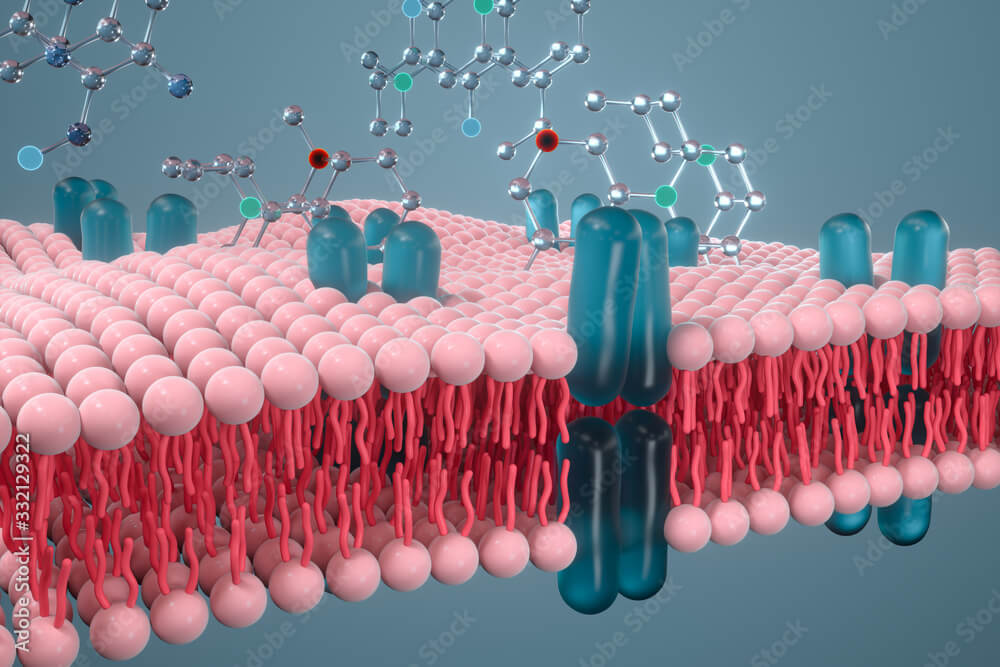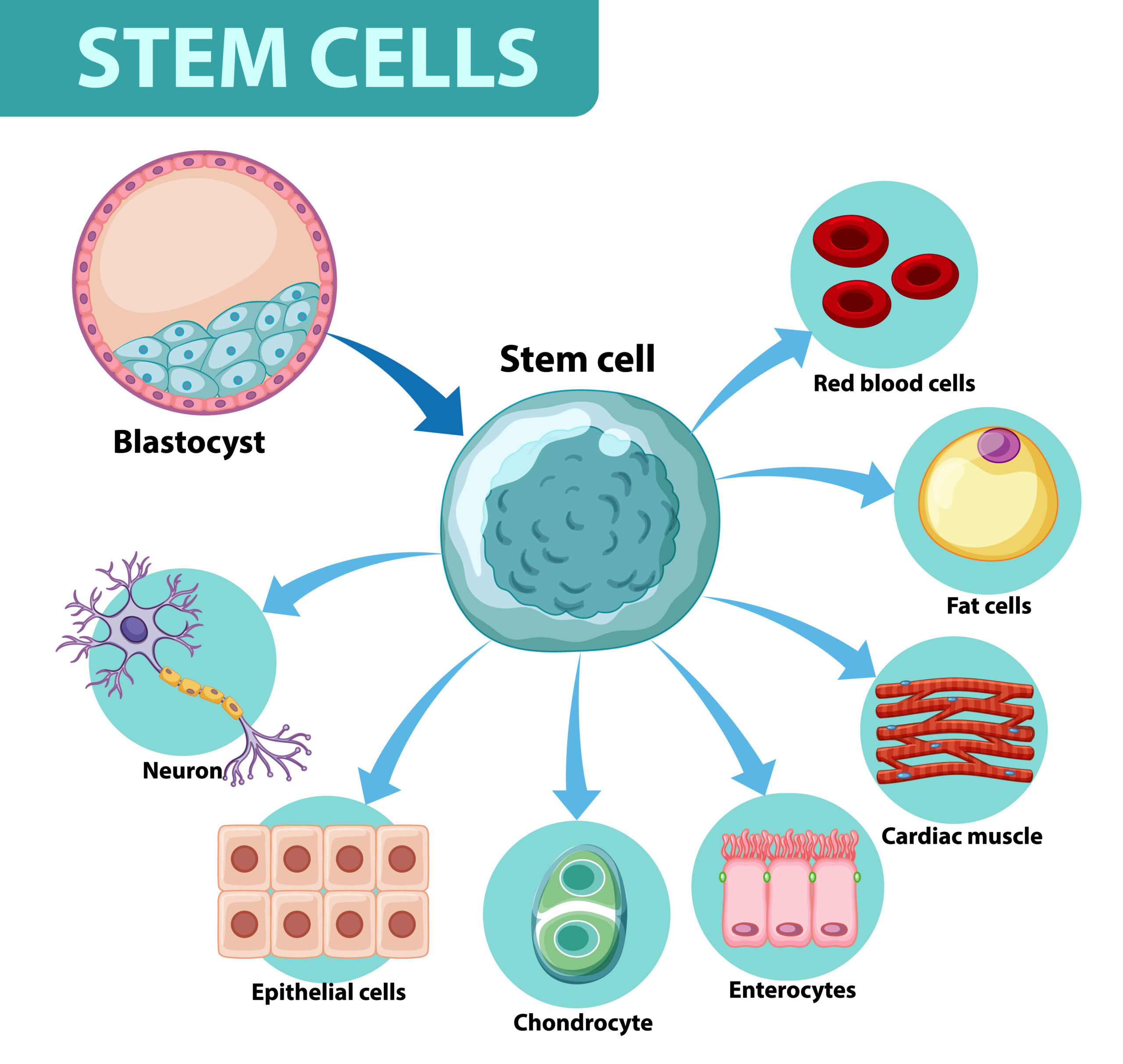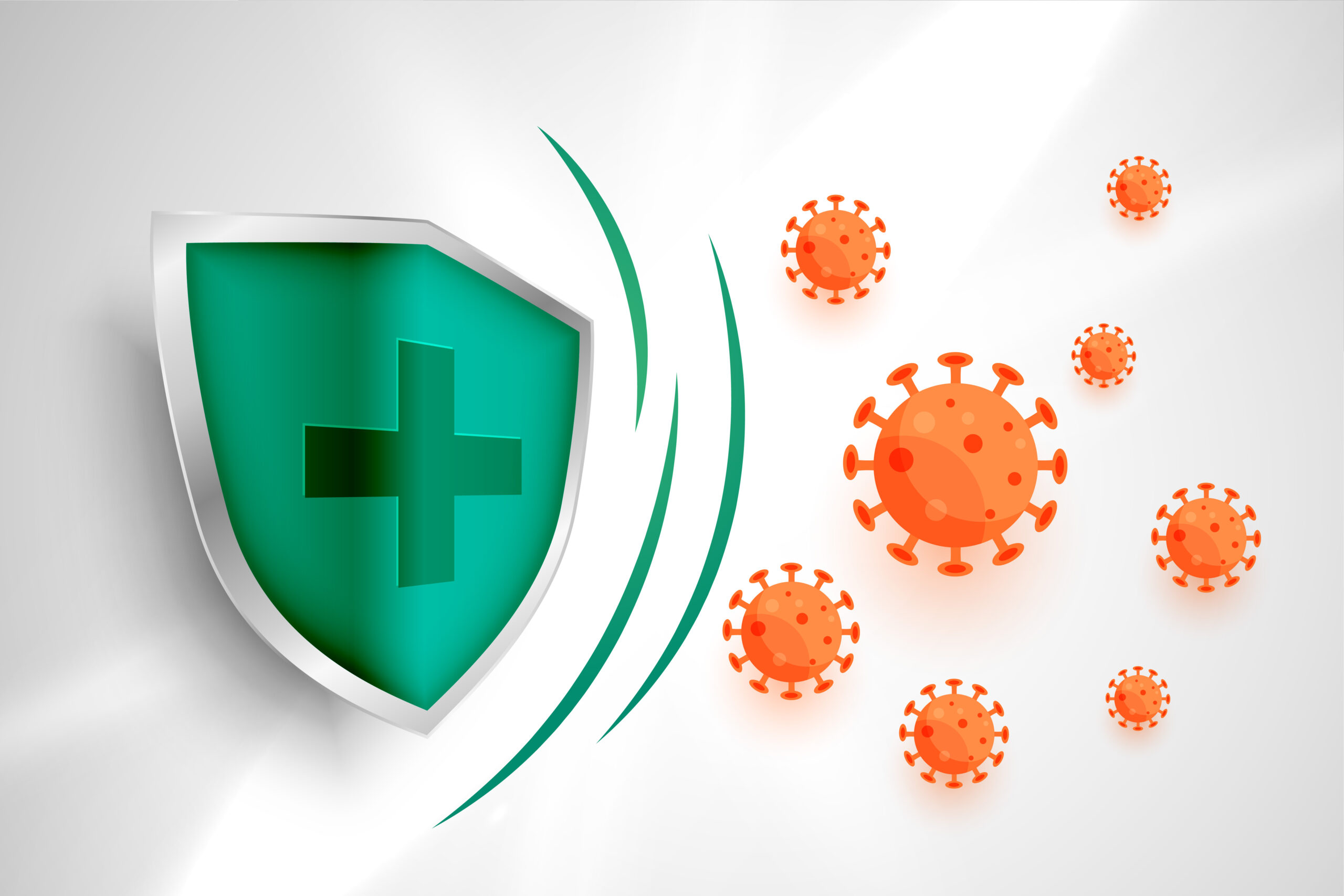Tag: Quiz

General Q&A part-6
State two features of the gas exchange surface in humans? The gas exchange surface in humans primarily refers to the respiratory system, where the exchange of oxygen and carbon dioxide takes place. Two essential features of the gas exchange surface in humans are: Large Surface Area: The gas exchange surface in humans, which includes the…

General Q&A part-5
What are the stages involved in PCR, and on what does PCR depend? Polymerase Chain Reaction (PCR) is a widely used molecular biology technique for amplifying specific DNA sequences. PCR involves several stages, and it depends on various components and conditions for successful amplification. Here are the main stages of PCR and what PCR depends…

The Living World and Taxonomy
Biodiversity The variety of life forms present on Earth, including the different species of plants, animals, and microorganisms, their genetic variation, and the ecosystems they form. Species A group of individuals that can interbreed and produce fertile offspring in nature; the basic unit of biological classification. Taxonomy The science of naming, defining, and classifying organisms…

Q&A on Glycolysis
1. What is glycolysis, and why is it important? Glycolysis is a metabolic pathway that breaks down glucose into energy-rich molecules. It’s crucial for energy production in cells. 2. Where does glycolysis occur in cells? Glycolysis takes place in the cytoplasm of cells. 3. How many ATP molecules are initially invested in glycolysis? Two ATP…

General Biology MCQs
Here are some biology MCQs. 1. Which organelle is responsible for photosynthesis in plant cells? a) Mitochondria b) Nucleus c) Chloroplasts d) Endoplasmic reticulum Answer: c) Chloroplasts Explanation: Chloroplasts are the organelles responsible for photosynthesis, where plants convert sunlight into chemical energy in the form of glucose. 2. Which of the following is NOT a…

Quiz on Cell Theory
Welcome to the Cell Theory Quiz! The cell theory is one of the foundational principles of biology, describing the fundamental building blocks of life. This quiz will challenge your understanding of cell theory, covering its history, key principles, and the discoveries of notable scientists. Whether you’re a student looking to reinforce your knowledge or a…

Q&A on Cell Structure
Let’s discuss some Q&A on cell structure. Q1: What is the basic structural and functional unit of all living organisms? A1: The basic structural and functional unit of all living organisms is the cell. Q2: What is the main function of the cell membrane? A2: The cell membrane regulates the passage of substances in and…

General Q&A part-2
This page contains general Q&A questions asked by curious people. What is biochemistry? Biochemistry is a branch of science that combines principles from both biology and chemistry to study the chemical processes and substances that occur within living organisms. It focuses on understanding the molecular mechanisms that underlie various biological functions and processes, including metabolism,…

Plasma Membrane Structure and Function: Key Role in Cell Homeostasis
The plasma membrane, also known as the cell membrane, is a crucial structure that surrounds all living cells. It separates the internal environment of the cell from the extracellular environment, regulating the flow of substances in and out of the cell. The plasma membrane plays a central role in maintaining cell homeostasis, which is the…

Stem Cells: The Building Blocks of Regeneration
In the intricate tapestry of life, there exists a remarkable group of cells with the potential to reshape our understanding of healing and tissue regeneration. These cells, known as stem cells, have captivated the imagination of scientists and medical researchers for decades due to their unique ability to transform into various cell types and contribute…

Quiz: Test Your Knowledge of the Immune System
1) What is the primary function of the immune system? a) Digestion of food b) Regulation of body temperature c) Protection against infections and diseases d) Production of hormones Answer: c) Protection against infections and diseases Explanation: The immune system’s main role is to defend the body against harmful pathogens, such as bacteria, viruses, fungi,…

MCQ on Breathing and Exchange of Gases-2
Visiting high mountains may cause altitude sickness in men living in plain areas. Prime cause of this is (a) excess of CO2 in blood (b) decreased efficiency of haemoglobin (c) decreased partial pressure of oxygen (d) decreased proportion of oxygen in air. Increase in body temperature makes oxygen haemoglobin dissociation curve (a) shift to left…








